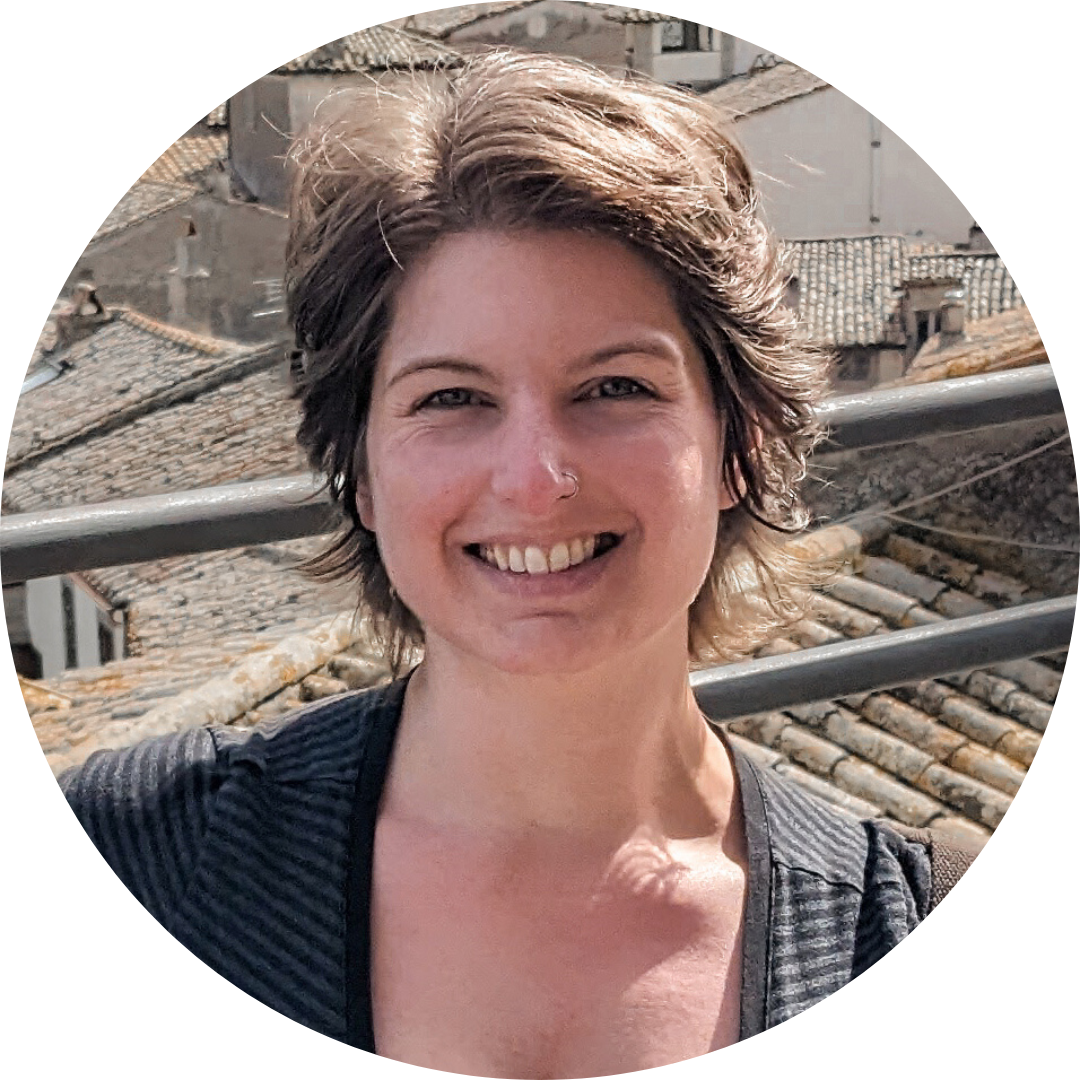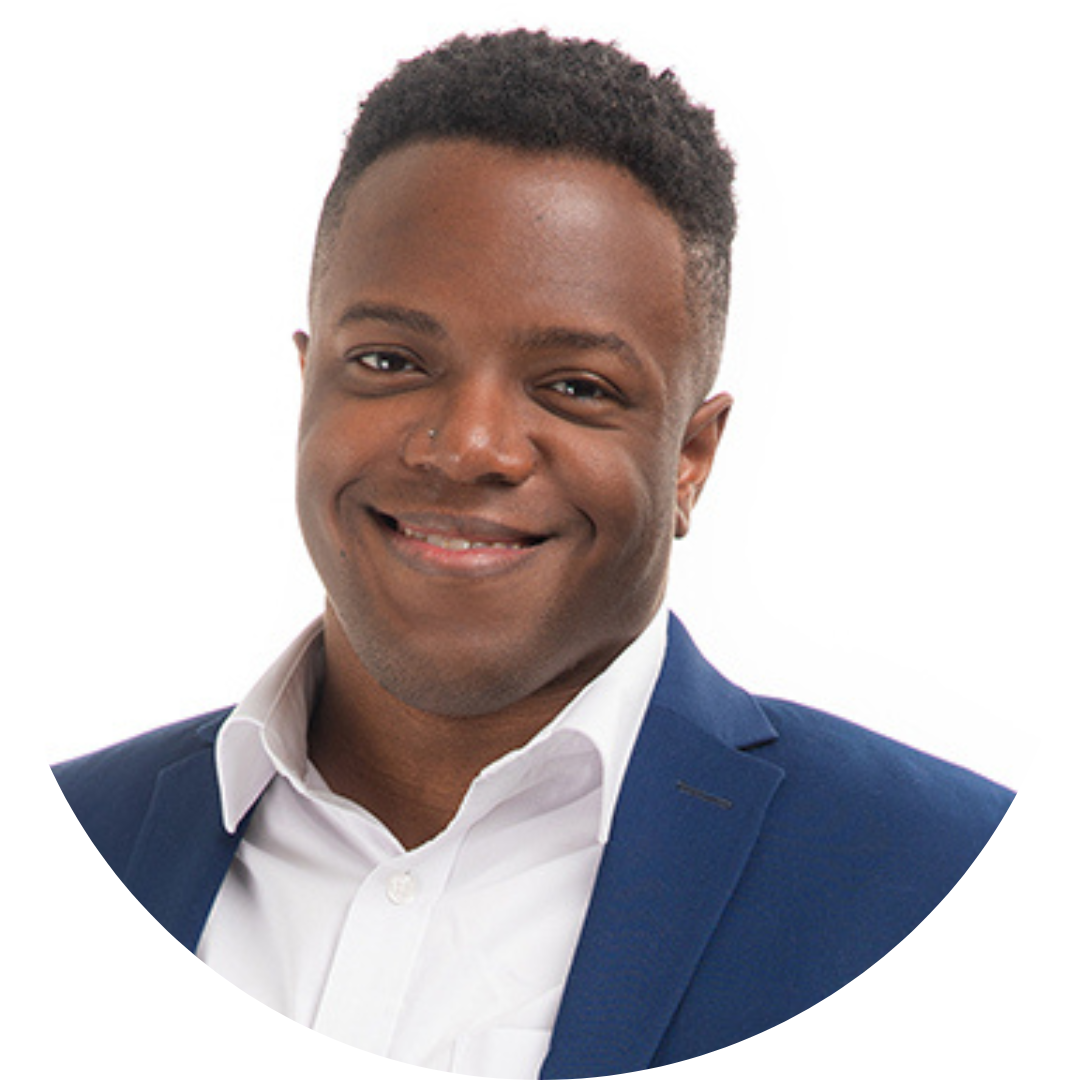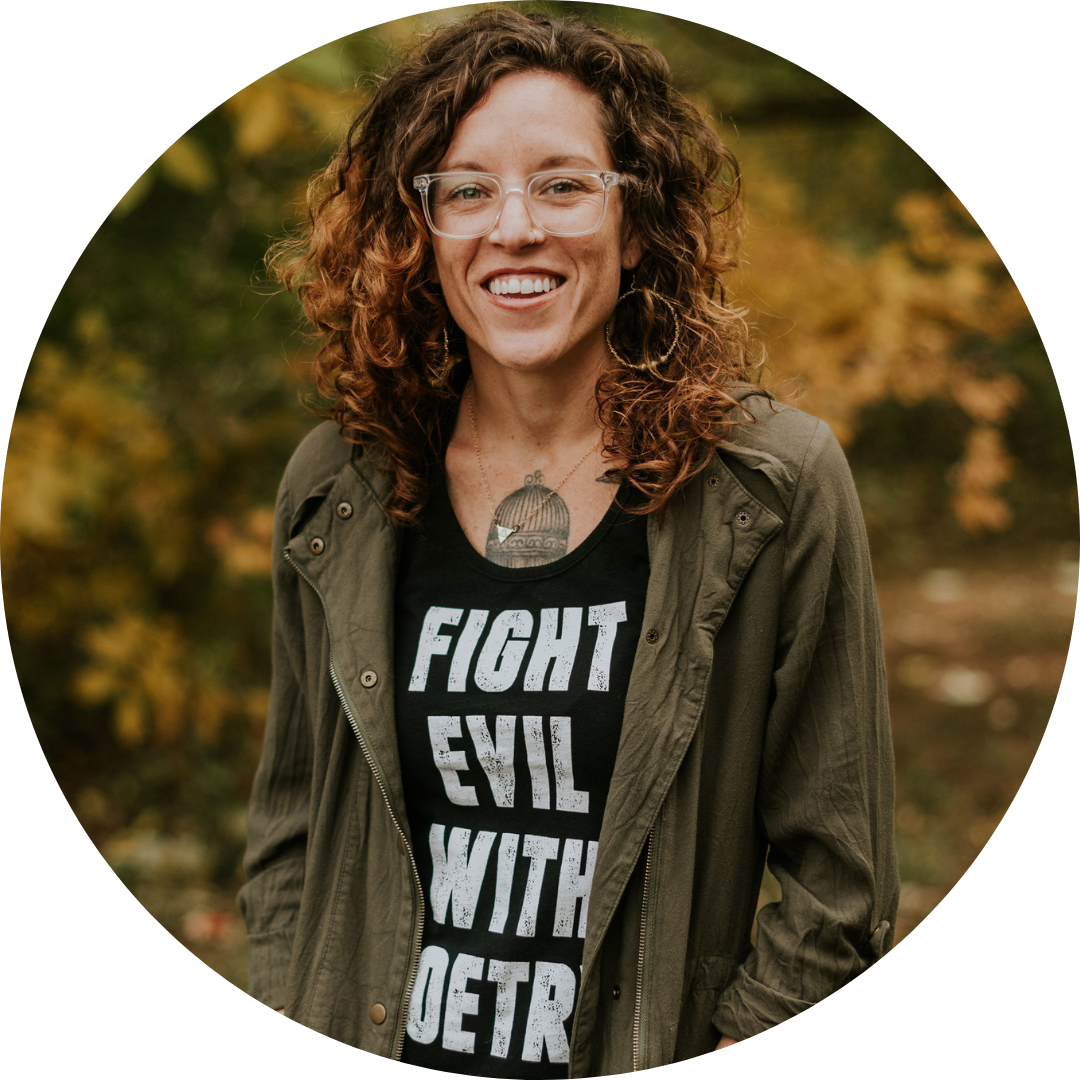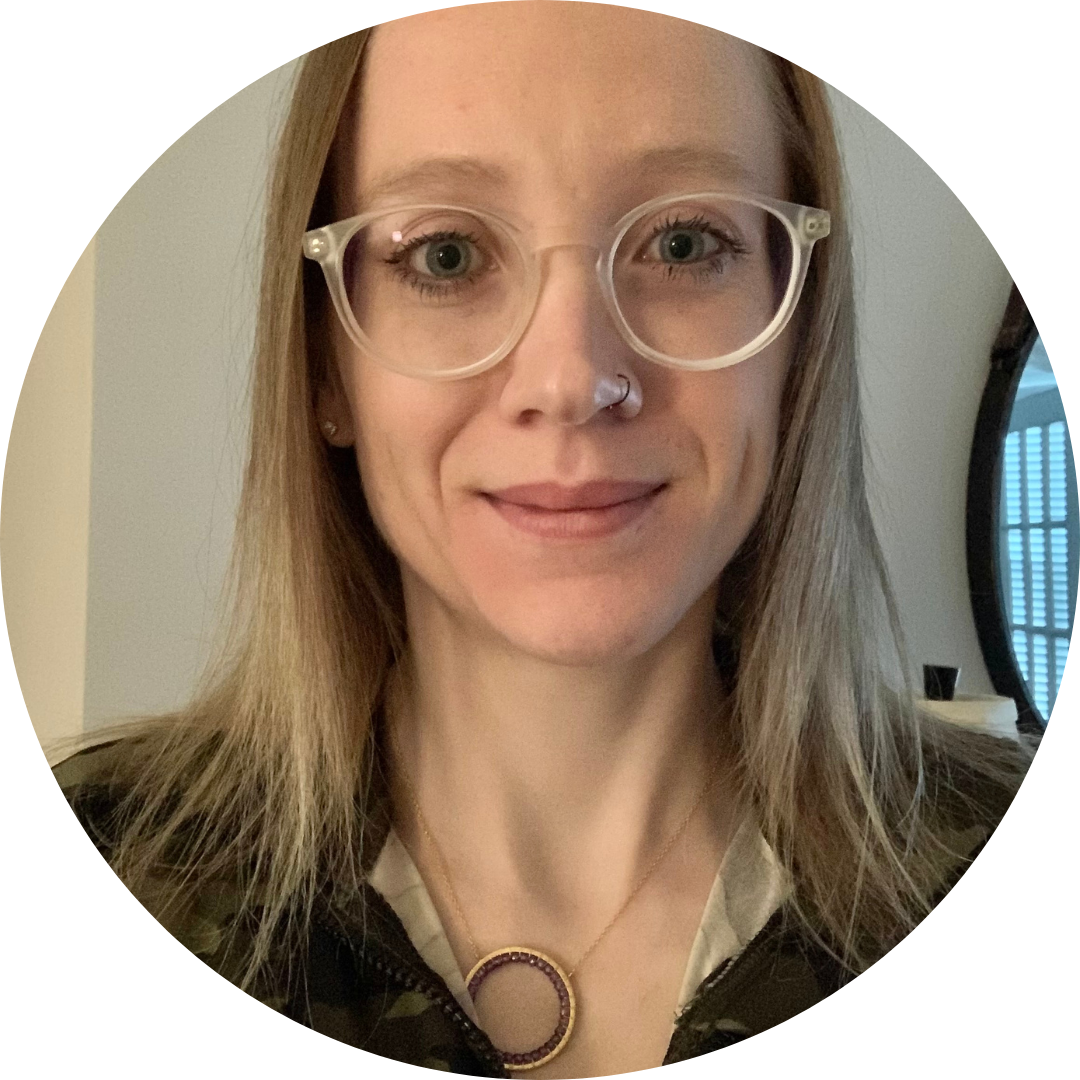The interACT Team
interACT is a dedicated team of attorneys and advocates, intersex people and allies. We are the only intersex-led policy organization in the United States.
Each member of our staff works remotely, keeping our costs low and our lives balanced. Our incredible network of over 60 interACT Youth advocates keeps the work moving nationwide, and beyond.
Erika Lorshbough, B.A., J.D. (they/she)
Executive Director
Erika is an intersex advocate and activist for civil and human rights. Most recently, Erika served as deputy director for policy at the New York Civil Liberties Union and led the organization’s extremely successful statewide legislative program advancing principles of freedom, justice, and equality. Along with their experience in program and organizational management, Erika brings two decades of heart work in community organizing and social action. Their law and policy experience has spanned the areas of gender and sexuality, voting rights and democracy, economic justice, criminal legal system reform, and the rights of people experiencing detention and incarceration. Erika completed their undergraduate studies in psychology and public policy at UCLA and the Luskin School of Public Affairs and received their J.D. from Brooklyn Law School. In addition to numerous public interest awards and legal fellowships, Erika has been honored as a Rising Star by the Brooklyn Law School Alumni Association, and was named one of the Best LGBTQ+ Lawyers Under 40 by the National LGBTQ+ Bar Association. Erika is a certified restorative justice practitioner, an adoring caretaker of plants and animals (and people!), and a fan of wandering and getting lost from time to time.
Sylvan Fraser, JD (they/them)
Legal & Policy Director
Sylvan grew up in the state of Washington and received their B.A. in Linguistics from Reed College in Portland, Oregon. Sylvan first became involved with interACT as a legal intern in 2013 after taking founder Anne Tamar-Mattis’s class at Berkeley Law. Before receiving their J.D. in 2015, they served on the Berkeley Journal of Gender, Law, & Justice and the California Law Review, and co-ran the school’s chapter of If/When/How (then known as Law Students for Reproductive Justice). They joined interACT as a full-time attorney in 2015 and assumed the role of Legal & Policy Director in 2022. Sylvan lives with their fiancé and two cats, Gus and Goblin, in Portland, where they take part in game nights and karaoke. Sylvan has been a member of the city’s police accountability body, known as the Citizen Review Committee, since 2019.
Bria Brown-King (they/them)
Director of Engagement
Bria identifies as a queer, intersex, and non-binary masculine presenting Black person. They are currently living in Tulsa, Oklahoma, but was born and raised in Harrisburg, Pennsylvania. Bria’s intersex variation is Congenital Adrenal Hyperplasia, CAH for short. Bria started doing advocacy work as an intern with interACT where they published articles for them, the ACLU, and Teen Vogue. They were also the first out intersex person to speak about intersex issues on the steps of the Supreme Court.
Bria also serves as an advisory board member for Astraea’s Lesbian Foundation for Justice as a part of their Intersex Human Rights Fund. Bria is also an advisory board member for the Non-binary & Intersex Recognition Project.
Maddie Moran (they/them)
Director of Communications
Maddie Moran is an intersex, queer and non-binary person living in Philadelphia. Maddie joined interACT as a Youth advocate in 2019, giving talks about their own medical history to advocate for bodily autonomy and respect for intersex variations before joining as a staff member in 2022. You can find their writing in Teen Vogue on intersex surgery and dating as well as a personal essay they wrote for interACT’s blog about having MRKH. Maddie comes to interACT with a decade of justice-oriented work as a community organizer, educator and advocate. Their passions include queer liberation, disability justice, housing rights and decarceration.
Lindsy Carter (she/her)
Development Manager
Lindsy Carter brings twenty years of non-profit development, communications, and operations experience to interACT. Based in Louisville, Kentucky, her organizing background includes tenant rights, state violence, and decarceration. Through an abolitionist framework, she works towards a world where everyone has what they need to thrive and has a keen awareness of centering those with lived experience. Lindsy is a lover of words, paddle boarding, and travel and is probably outside right now.
Marissa Adams (she/her)
Program Coordinator
Apollo Robert (he/him)
Youth Program Manager
Apollo is an intersex agender man with a bachelor’s degree in psychology and future plans for graduate school. He promotes the importance of person-centered, trauma-informed mental healthcare, and favors solution-focused, holistic approaches when working within marginalized communities.
His professional history involves special education, community mental health, and non-profit social welfare programs. Along with advocating for intersex and trans youth, he is passionate about disability justice and accessibility for all.
Bill Lorenz (he/him)
Operations Consultant
Bill Lorenz is based in Boston, Massachusetts and has over 16 years in the field of Finance Operations and holds a degree in Business Administration with a concentration in Accounting. For nearly a decade he served as Finance Operations Manager for Planned Parenthood League of MA, and for 5 years as Director of Finance and Administration for Family Equality Council until 2014. As a private consultant, he currently provides operations support and development exclusively for non-profits, and is passionate about the mission of each organization he serves.
Anne Tamar-Mattis, JD (she/her)
Founder, Legal Director Emeritus
Anne founded interACT and brings over two decades of experience in community organizing and nonprofit organizational management, primarily with the lesbian, gay, bisexual, transgender and intersex (LGBTI) and youth communities. She spent six years as the Director of the LYRIC Youth Talkline, a national peer-support line for LGBTQ youth, and she was the first Program Director for San Francisco’s LGBT Community Center. She graduated from the University of California, Berkeley School of Law (Boalt Hall) in 2006. Anne’s writing has been widely published in the legal, medical, and bioethics press.
Her service to the LGBTQI communities has been recognized by Equal Justice Works, Echoing Green, National Lesbian and Gay Law Association, the Pride Law Fund, Uncommon Legacy, and the Sisters of Perpetual Indulgence. In 2010, Anne was honored by KQED (NPR) as an Unsung Hero. Anne has been an adjunct professor at the University of California, Berkeley School of Law since 2008, and in 2011 was elected to the American Law Institute. In 2015, she received the Distinguished Advocate award from the AIS-DSD Support Group.
Anne and her partner of nineteen years, intersex activist and physician Suegee Tamar-Mattis, are the parents of two children.









